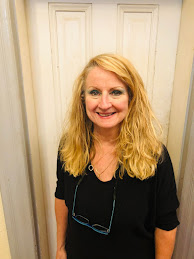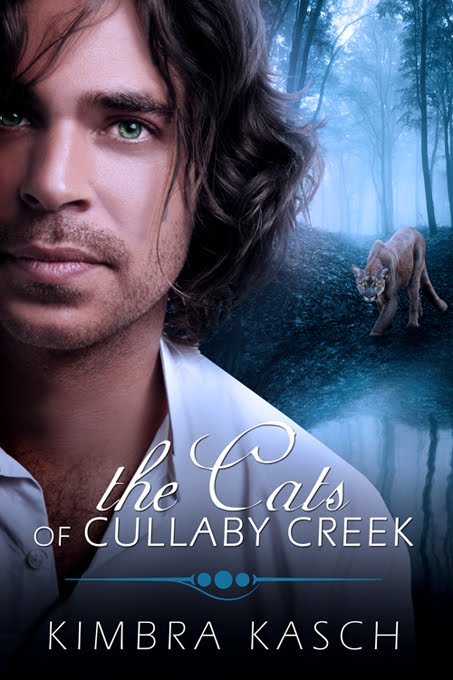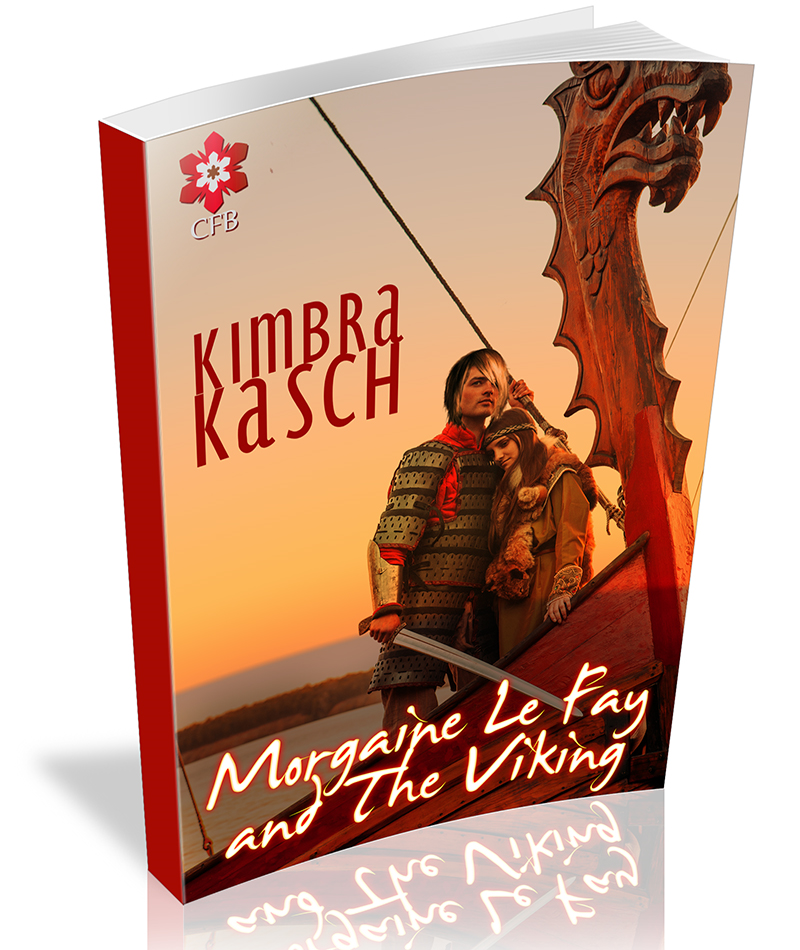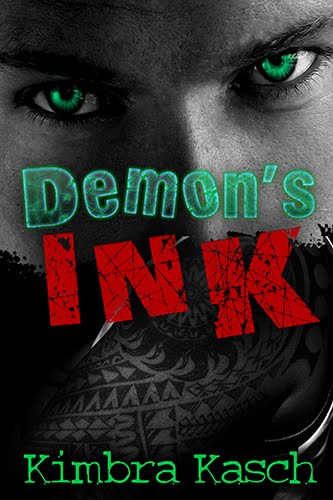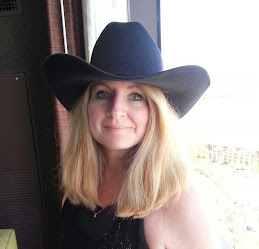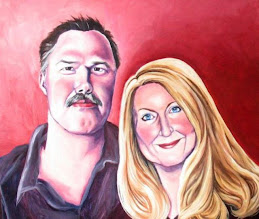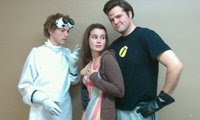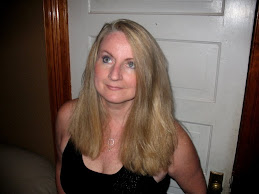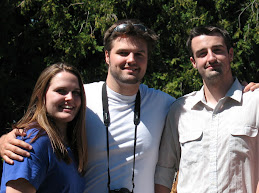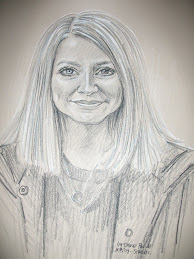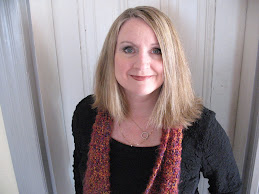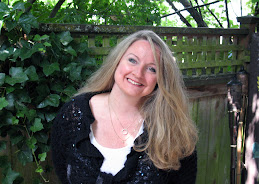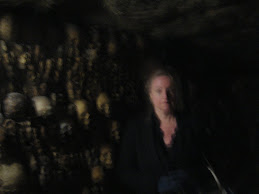Dawn Prochovnic was the person who put together this amazing
SCBWI Picnic Program.
She and Ellen Dodson started out by talking about the importance of critique groups and how to get "hooked-in" with other writers and become a part of the writing community.

After explaining the importance of being involved with other like-minded people, Dawn introduced
Linda to the nearly sold-out audience.

This was actually a free event put on by the SCBWI (Society of Children’s Book Writers and Illustrators). We wanna-be writers had an amazing opportunity to network, listen to
Linda Zuckerman and then party at an in-door picnic.
Linda is also involved with the
Annual Pacific Northwest Children's Book Conference, sponsored by PSU and started out by talking about the difficult economy and explaining that a debut book only has about 6 months to succeed or it will be swallowed up . . . into the black hole of nothing.
She said that writers should start each book by writing with a character in mind – not an idea. And don’t try to write a best seller to gets lots of money. Instead write your story. Don’t try to write for trends.
For example, don’t think “bears are the new dinosaurs” and then try to tell a story with bears in the book.
People might think fiction is easy to write but Linda explained that fiction requires an intelligent design. Every writer needs to get inside their characters.
She recommended asking yourself a couple of questions while you write:
1) What does the character want? Or, in other words,
2) What is the goal that the character is striving to reach?
When you know what the character's goal is, remember you will need to throw obstacles in the way. But in the end the main character must resolve the conflict him or herself and hopefully grow and change along the way.
She also explained that there are two plots to every story:
1) Action plot – such as a girl has to babysit her brother;
2) Emotional plot – The girl thinks her father hates her but loves the little brother she has to watch.
And these two plot lines must work together to create the story.
The part of the picnic I enjoyed the most was when she read first pages and gave some direct feedback. It was a wonderful way to spend a Saturday.
Linda Zuckerman finished up her talk by promoting the SCBWI. She said the organization provides opportunities to connect with other writers while providing priceless information.








